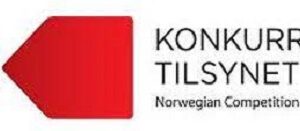25 Nov 2022
In June the Norwegian Competition Authority (NCA) stated that the Higg index was misleading and could not be used to support labeling on fashion items as the reference data used was out-of-date and hence unreliable. In short, items “proven” to be sustainable using the index’s data could simply be greenwashed.

In conjunction with an investigation in the New York Times and calls for the index to be suspended by the leather industry, the owners of the Higg Index the Sustainable Apparel Coalition (SAC) decided to “pause” the application of the index until new, more reliable data could be assembled.
“The problem with the Higg Index is that it’s not third-party verified data, and that’s what has been recommended,” said Géraldine Vallejo, director of Kering’s sustainability programme, to Business of Fashion. “We think it is not suitable for the luxury sector”.
Now SAC is trying to regroup its ranks, to continue the Higg project. Norway, however, has its finger on the pulse and highlighted the conflict of interests inherent in the project.
At its recent annual meeting in Singapore, SAC had proposed to define a roadmap to overcome the current controversy and restore credibility to the index. But Tonje Drevland from the Norwegian Competition Authority, stymied these attempts, highlighting the conflict of interest. “Criticism must be accepted; it is not possible for the fashion industry to discuss and set the rules,” he stated.
We bring leather, material and fashion businesses together: an opportunity to meet and greet face to face. We bring them from all parts of the world so that they can find fresh partners, discover new customers or suppliers and keep ahead of industry developments.
We organise a number of trade exhibitions which focus on fashion and lifestyle: sectors that are constantly in flux, so visitors and exhibitors alike need to be constantly aware both of the changes around them and those forecast for coming seasons.